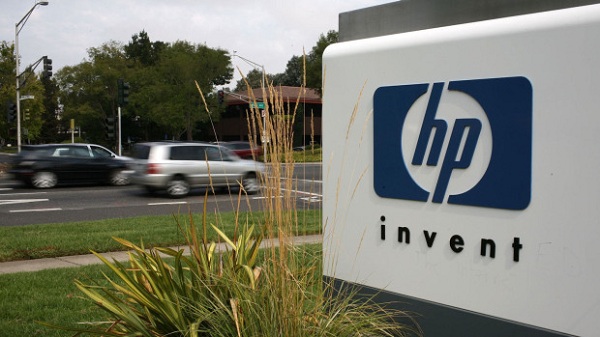HPQ stock reaction on CEO ousting news
Looking at Hewlett-Packard´s quarterly results paints a fairly grim picture of the current situation. Revenues have fallen by $30 Billion and net earnings have fallen by 40% over three months. This has inevitably dragged the earnings per share down by around 38% as a global slump in demand for Hewlett-Packard products becomes apparent. Much of this decrease has been as a result of falling sales in Hewlett-Packard’s hardware product lines for such items as laptops, printers and imaging machines. Its software division has also experienced a decrease in activity as a direct result of the rising competition in this market from rivals such as Oracle Corp (ORCL.O) who command a vast commercial following. This is occurring whilst competitors such as Fujitsu-Siemens (FJTSY) are producing highly affordable personal computer systems and the tablet market being dominated by the likes of Apple (APPL) and others who were pioneering and investing in this technology at an early stage. Software has always been lucrative but Hewlett-Packard has seen itself squeezed out of the corporate market by the oligopoly of large providers such as Oracle Corp.
The situation which Hewlett-Packard currently finds itself comes after years of boardroom squabbles, a well-publicized sex scandal involving an ex-CEO and several operational decisions which turned out to be absolute blunders. So what future does this stock hold as an investment?
The truth about Hewlett-Packard is that it is still very far from the Promised Land. Meg Whitman inherited a company in chaos and it will take quite some time for any kind of recovery to be seen, and even more for this to be passed on to by investors. The necessity for the company to rejuvenate itself in the aftermath of poor leadership and at a time when technology is moving at an obscene rate is imperative for it to regain its status as a market leader.
In an attempt to start the painfully long process of recovery, the board of Hewlett-Packard has approved some operational changes such as the merger of its personal computing and printing divisions. But, if the truth be told, a lot of ground has been lost to companies such as IBM who are well established in the personal computing market, and to companies like Apple who are not only into personal computing and associated media but are also dominating the smartphone and tablet market with its iconic devices.
The stock is presently unattractive and price is expected to remain in a tight range with a bearish bias for a long time to come. We may see some accelerated recovery if there is improvement in the figures that will be shown to investors within the 2nd quarter results. However, despite the gloom, it is also worth bearing in mind that Hewlett-Packard has a large base of commercial customers who are not necessarily looking for the company to become competitive in the flat screen tablet and mobile phone market. An interesting move for the company was focusing on cost-reduction, not only its own energy use, but in that of its clients. The company produced some pretty impressive results relating to corporate energy reduction in its recent energy efficiency tour.
Furthermore, it may not all be bad for HP shareholders who are currently trapped holding the stock, HP still markets many of its products under the strong image of reliability that has brought the company corporate loyalty over the years. Meg Whitman has pointed out that this will continue to be a major selling point for the company that still values quality and understands the demand for this from its commercial core. Despite it lagging behind the touch-screen technology market HP may still regain its niche in the commercial sector in the future, which is a very large niche indeed.

Comments (No)